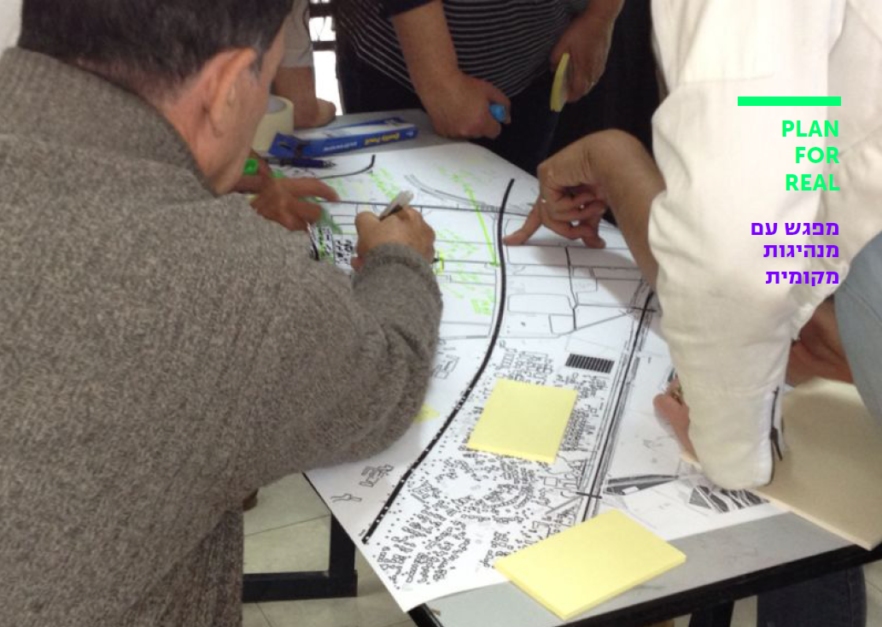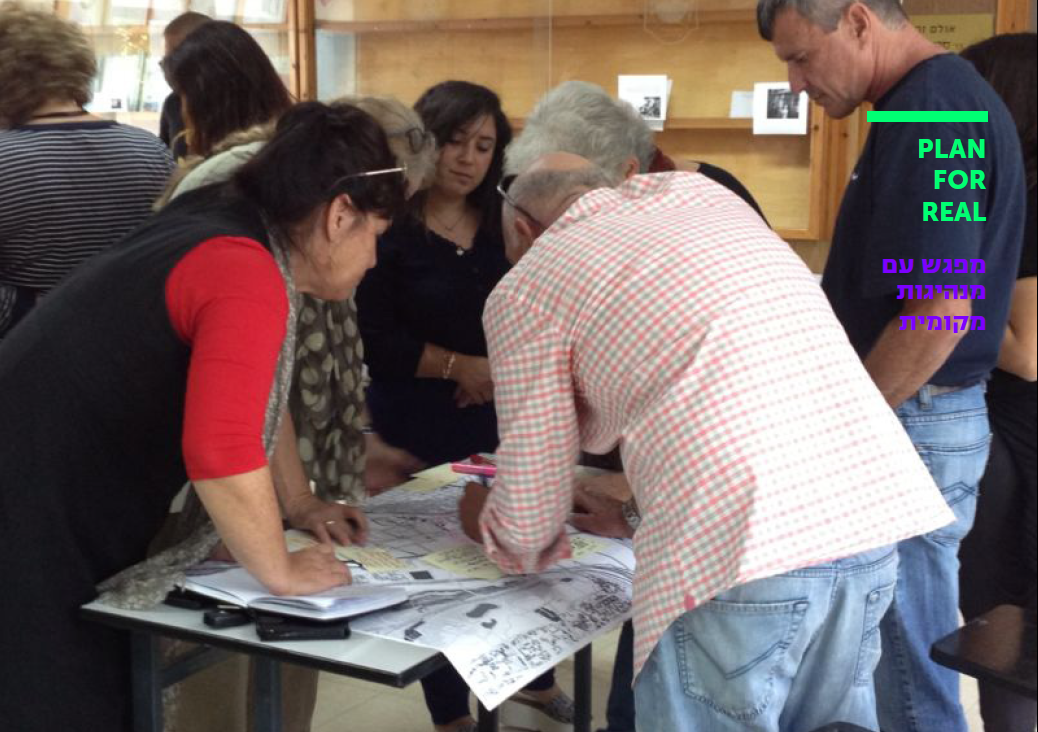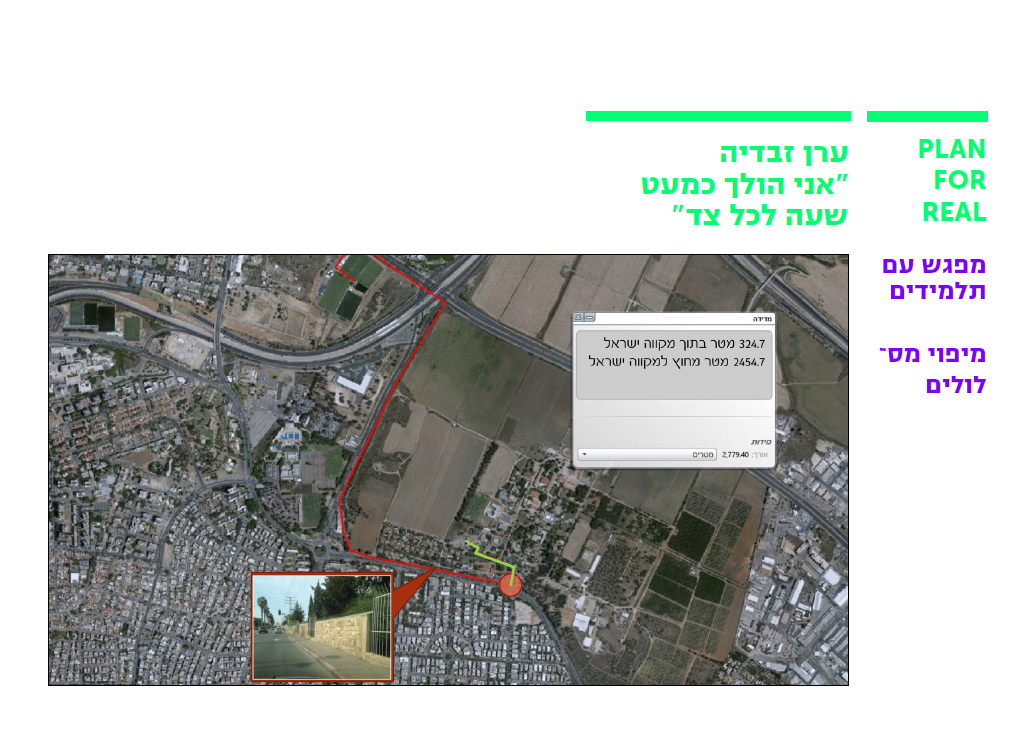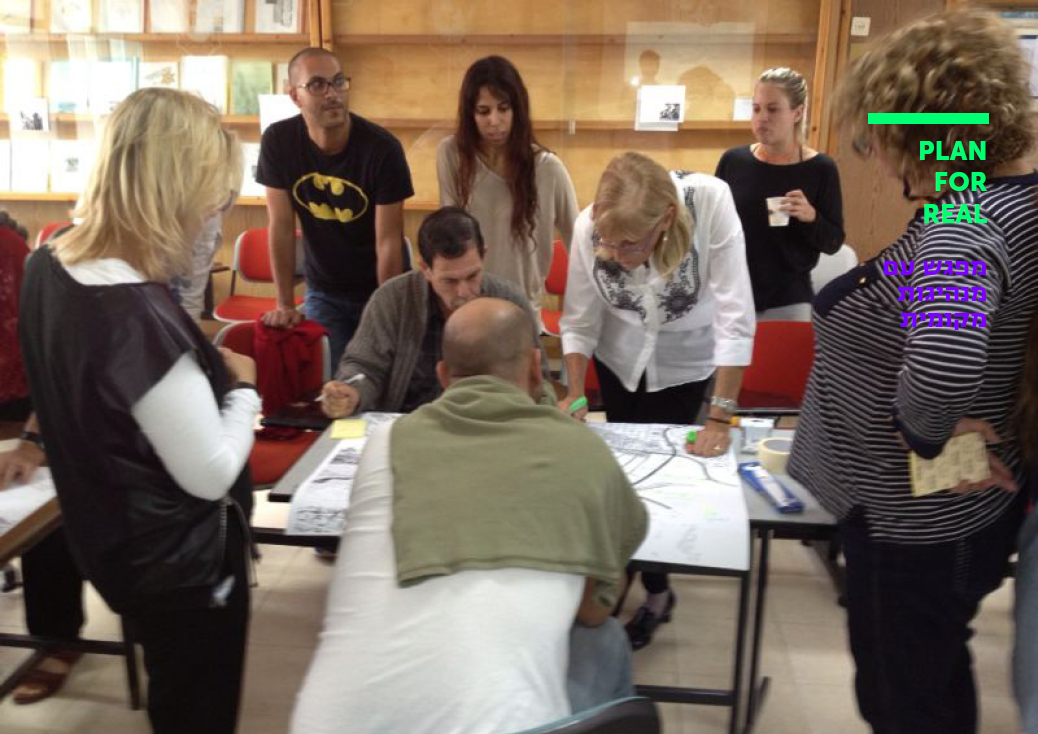The course “Mikve Israel: Open/ Closed” was taught by the Laboratory for Urban Revitalization at the College of Management Academic Studies (COMAS) in 2015. It was a part of the interdisciplinary Master’s degree program in Design, Innovation and Entrepreneurship, and included a unique workshop titled “Following Users”. In a special collaboration with the Mikve Israel school – its residents, students, and various stakeholders – the course proposes a new strategic planning for the Mikve Israel youth village. The workshop itself advocates an alternative approach to Mikve Israel’s new master plan currently being developed. The “Following Users” workshop included a full day spent at the youth village, as well as numerous encounters and interviews with students, teachers, residents, and employees.
The purpose of the workshop was to explore and learn from the everyday knowledge of the users of the youth village. By listening to different users, one might learn much about the youth village as an active living space. The students interviewed students and employees of the various institutions, administrators, residents, employees of the boarding schools, public cooperative tenants, agricultural workers and students and other users.
The students practiced qualitative and spatial research methods: the cognitive or mental map is a non-scientific, subjective map created by the users of the space. Their maps and stories allowed the students to learn and discuss how the village is perceived by its different users. The mapping exercise, termed Planning for Real, allowed people with no prior planning or architectural knowledge to freely express their understanding of their place of work or residence, as well as pinpoint improvements they felt were needed. The Planning for Real encounter hosted various community leaders, including employees who are also prominent activists, and tenants of Mikve Israel’s housing cooperatives who have lived there for years or even decades.
The workshop taught the students that users of a space have particular, and in many cases invaluable knowledge about their space. In addition, it introduced them to important points or areas of interest. Unexpectedly, the users gave very different answers to the site’s fundamental planning question: should it be open, or closed?
In retrospect, after the planning procedure was completed at the end of the semester, it might be said that an encounter with users connects the students to the project at its early stages. Even a brief conversation with residents or pupils creates knowledge that is beyond merely theoretical. Some of the students have themselves become advocates for various user groups, or at least protected their interests during the strategic planning. In other cases, issues raised by the users have become catalysts for concrete planning and execution.



